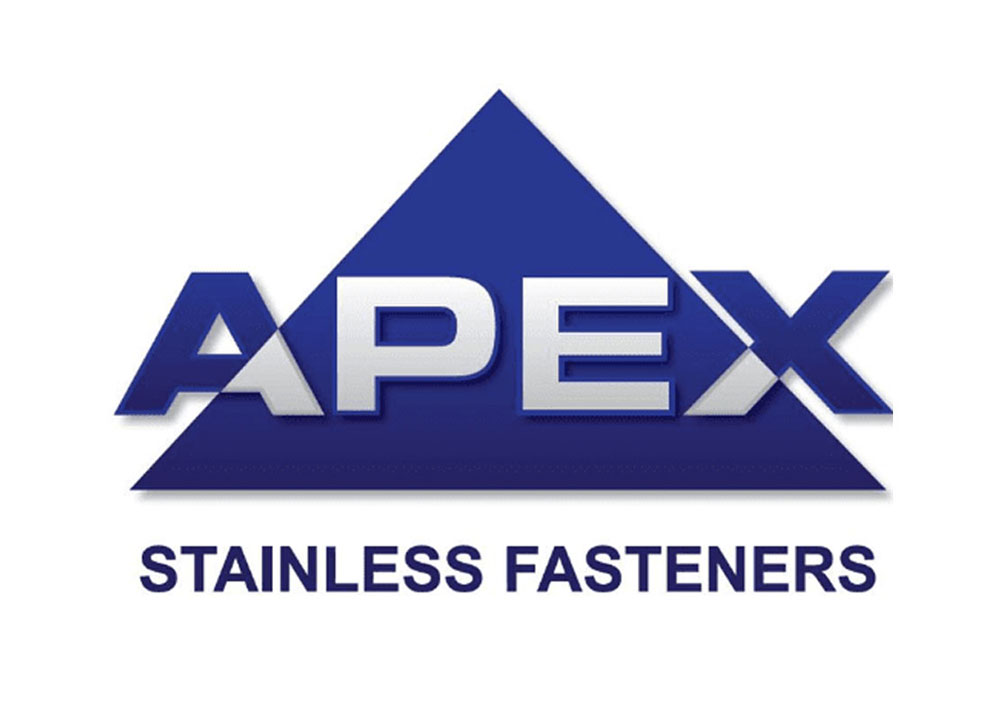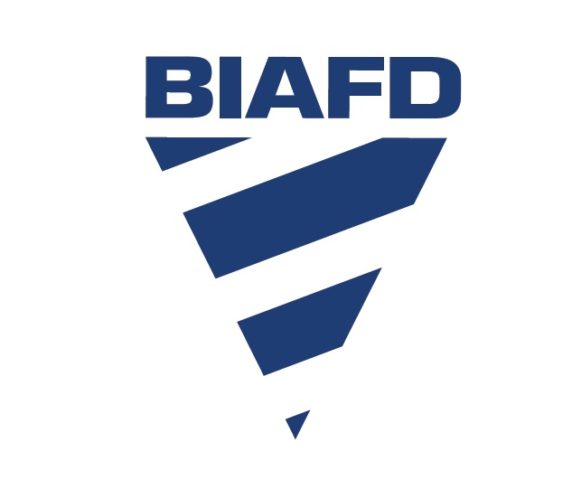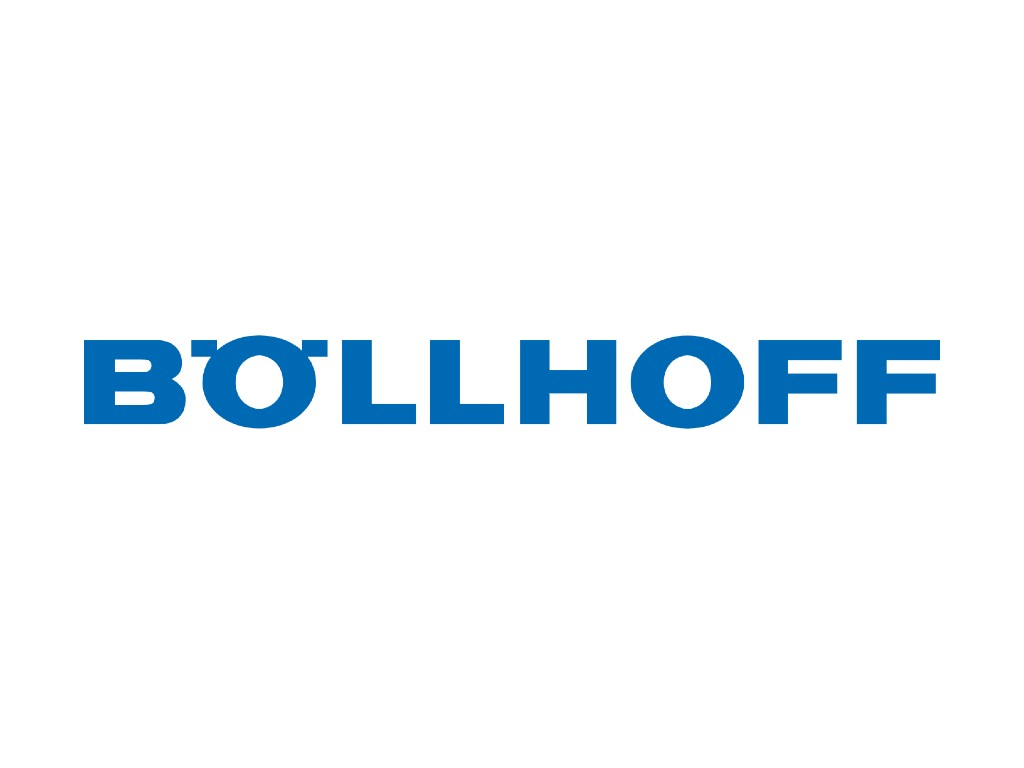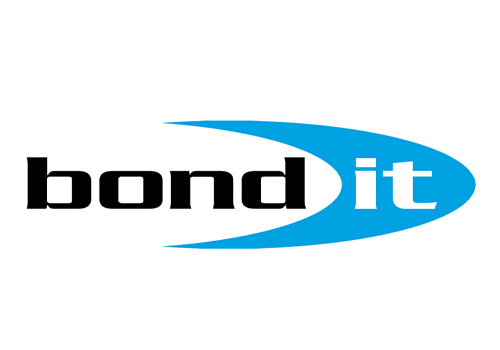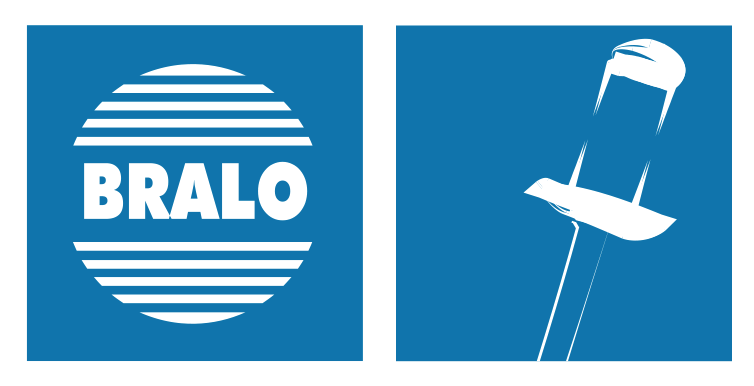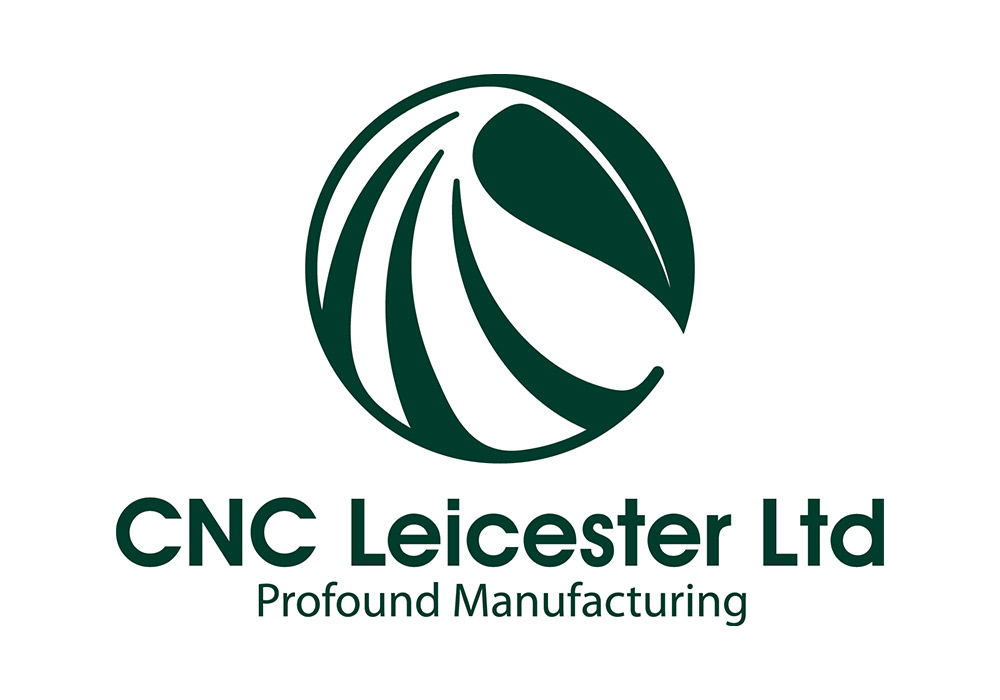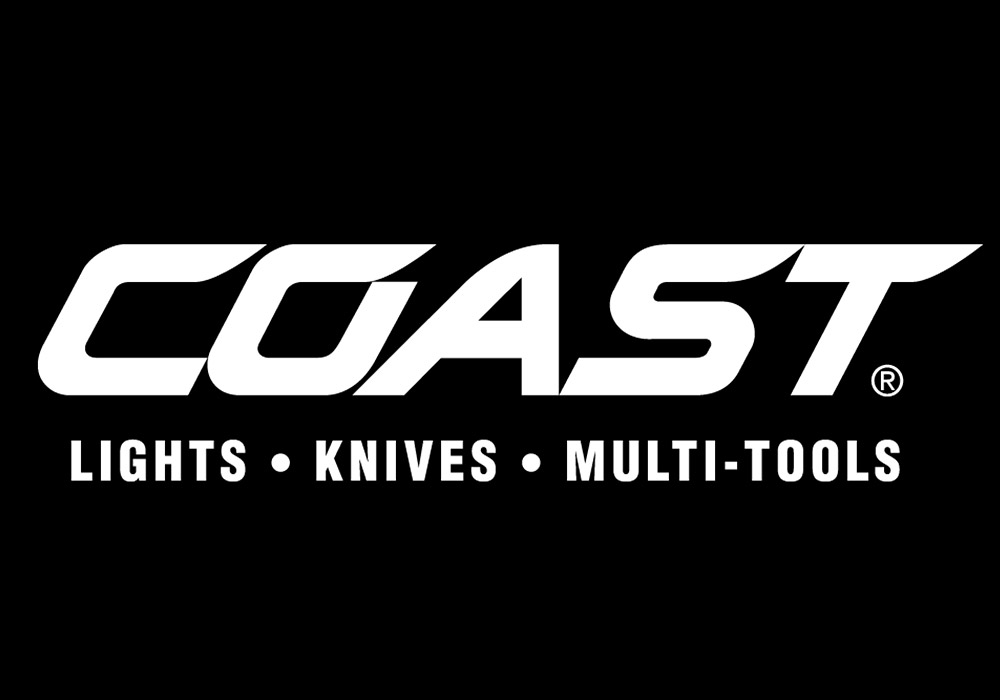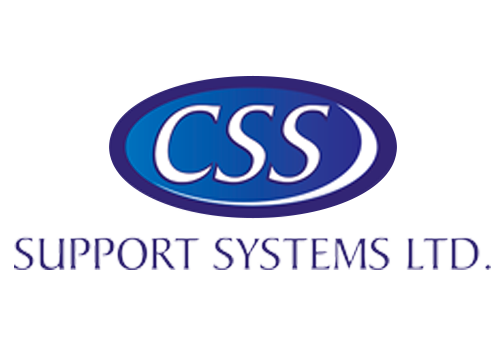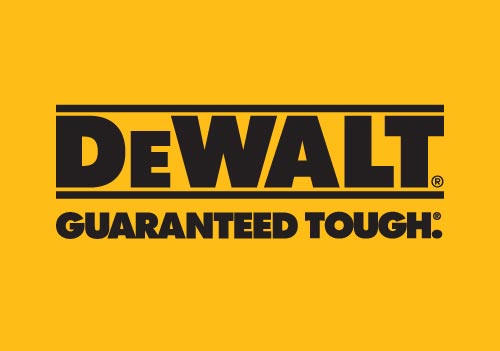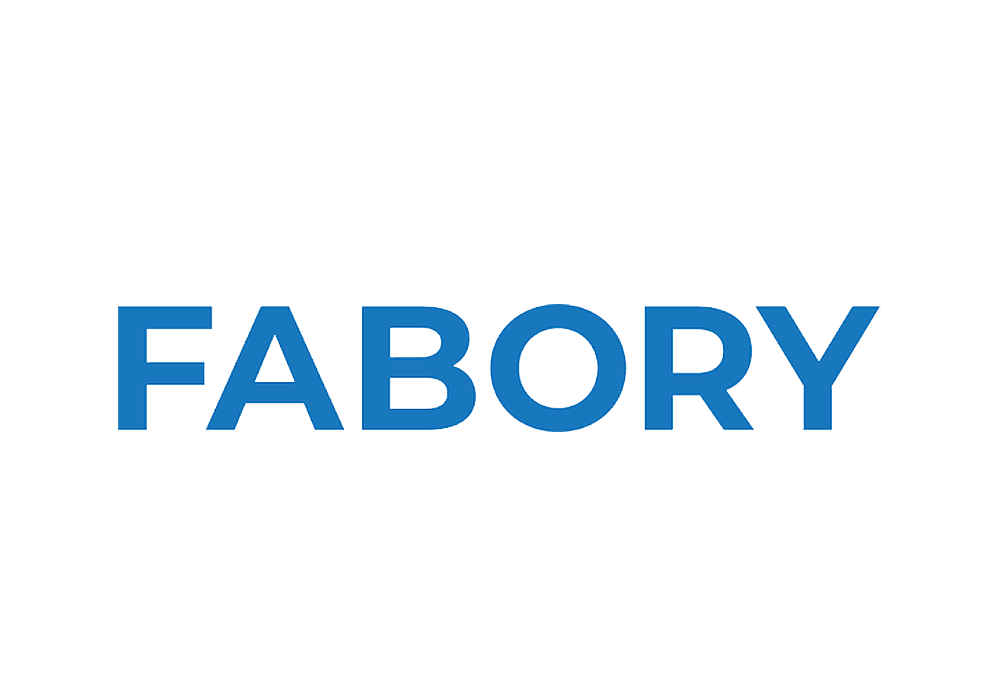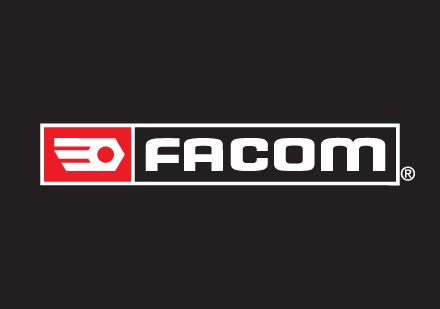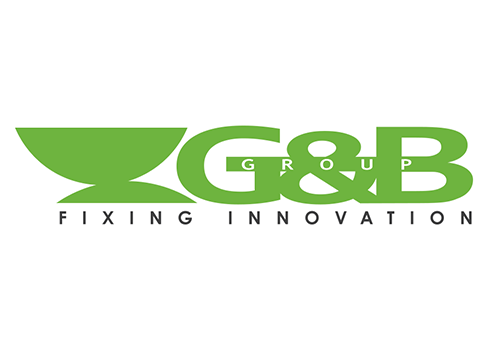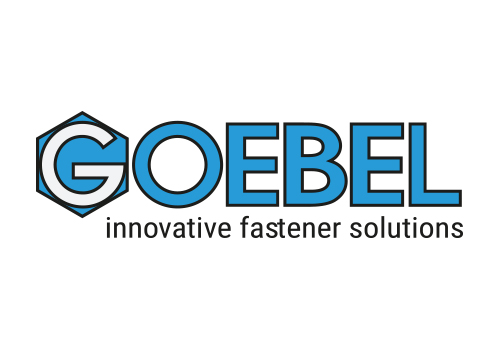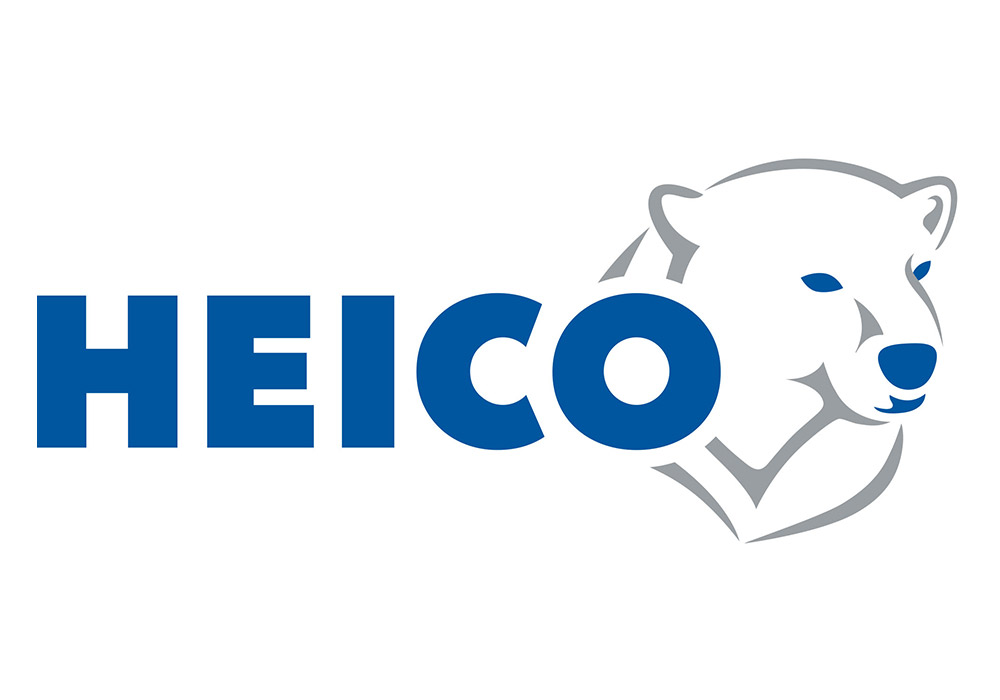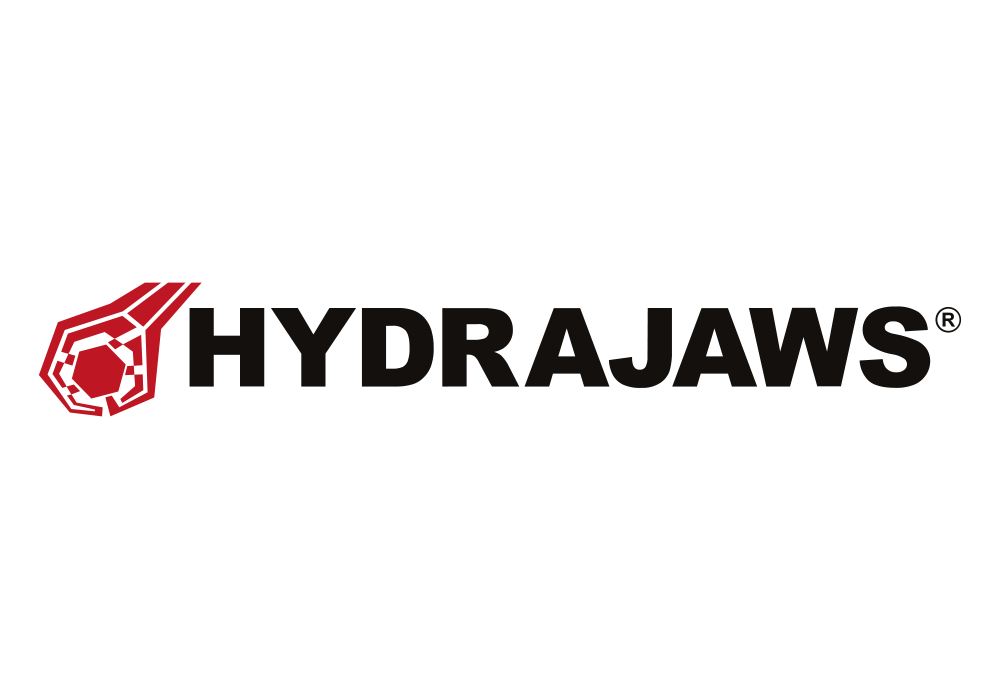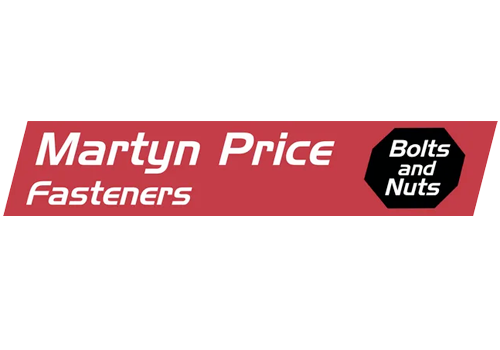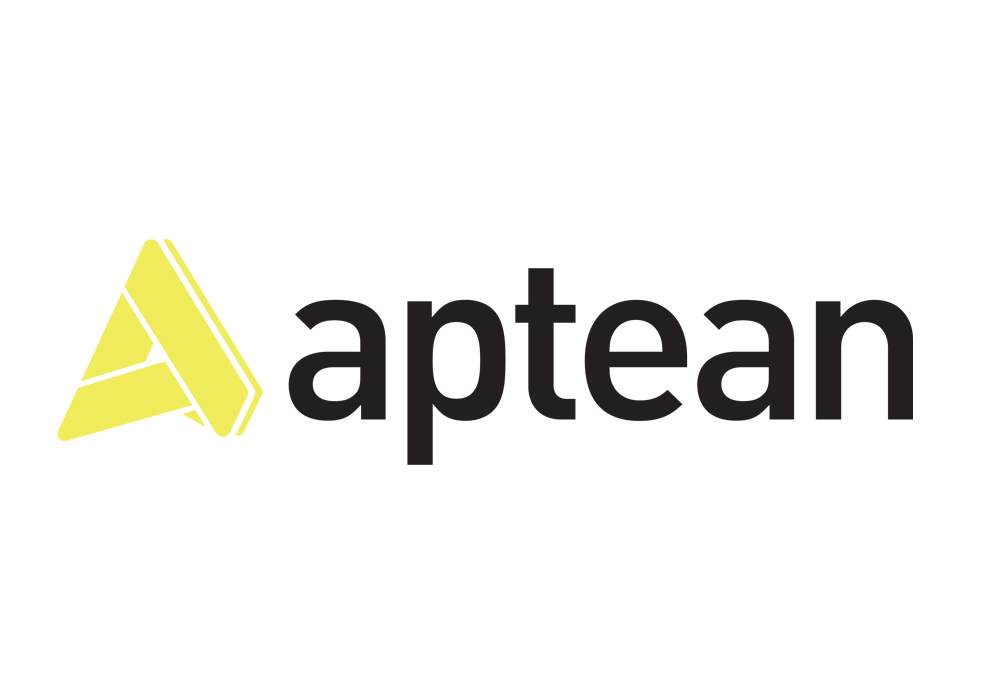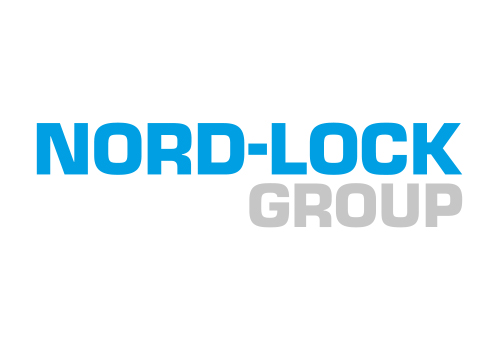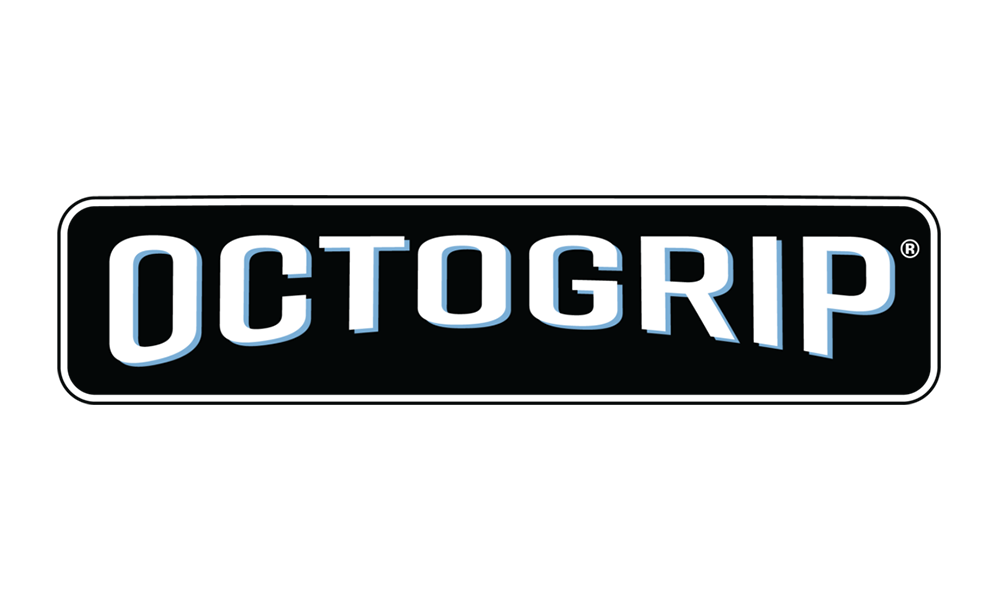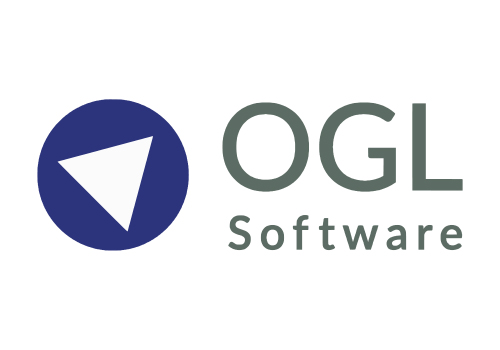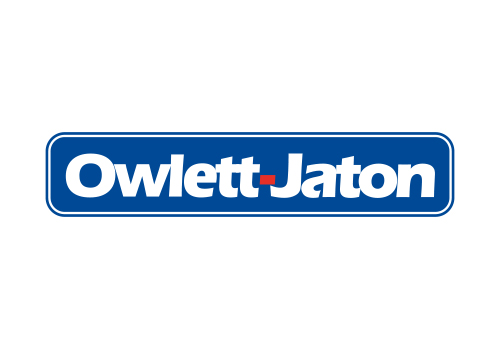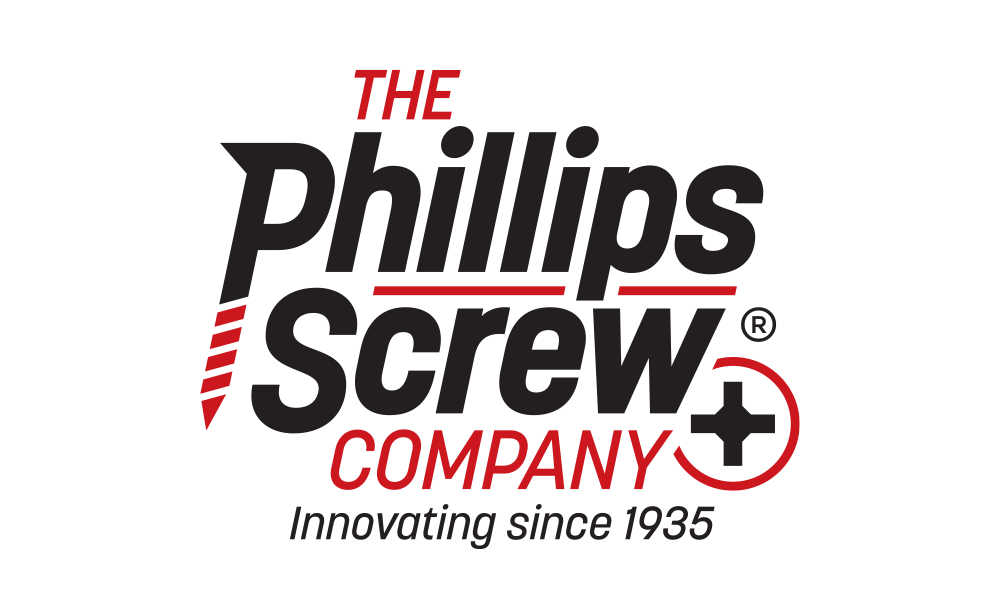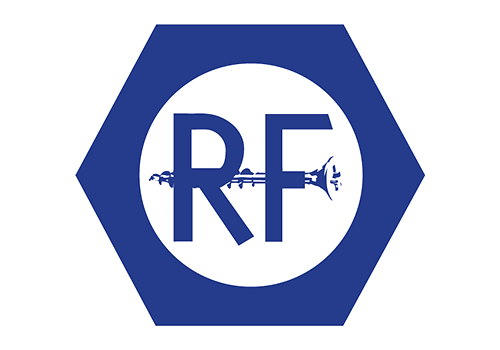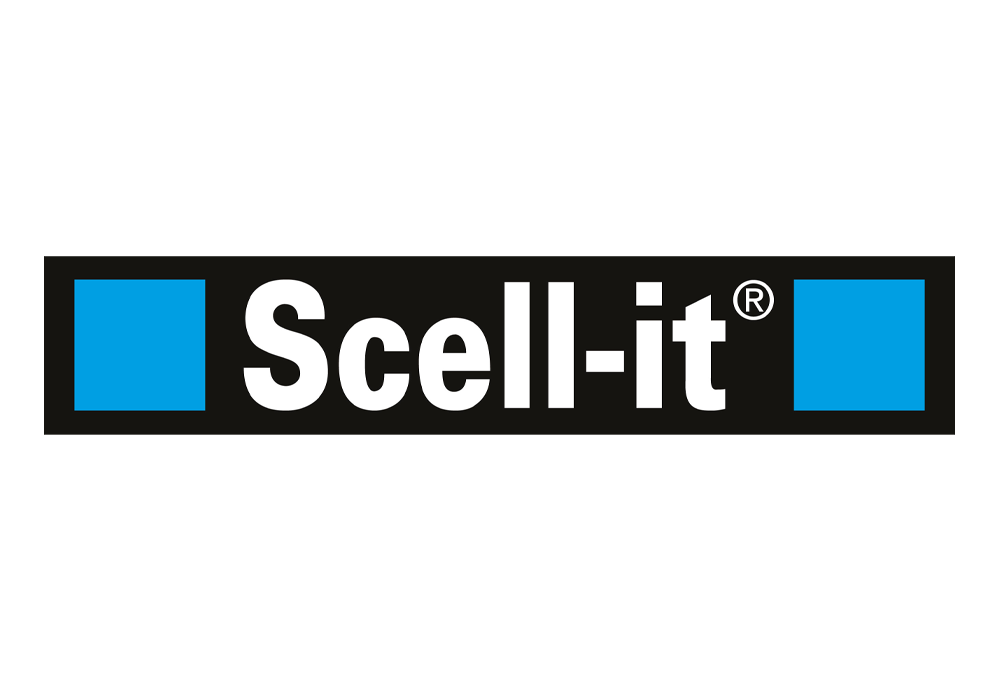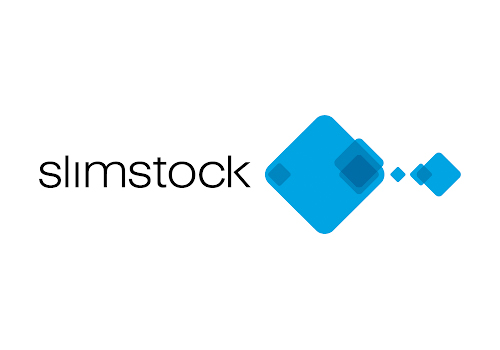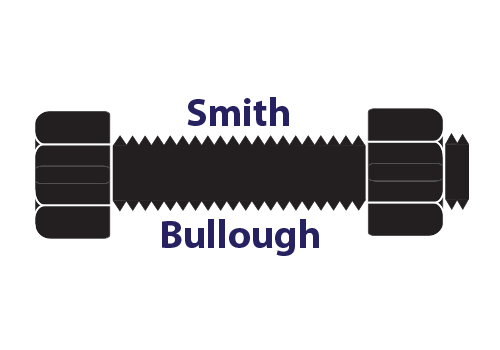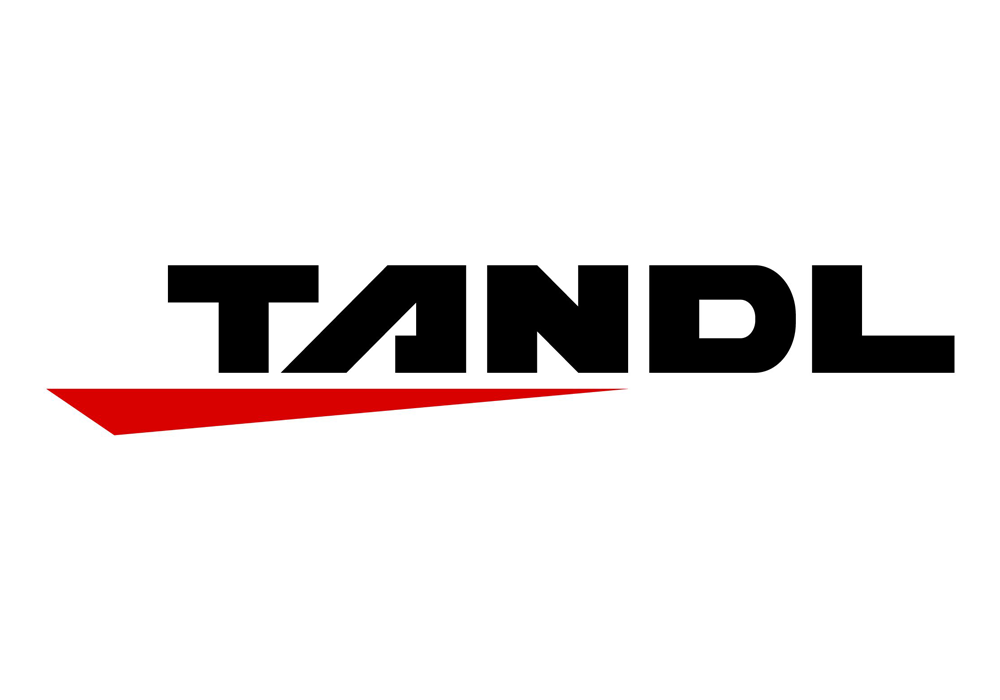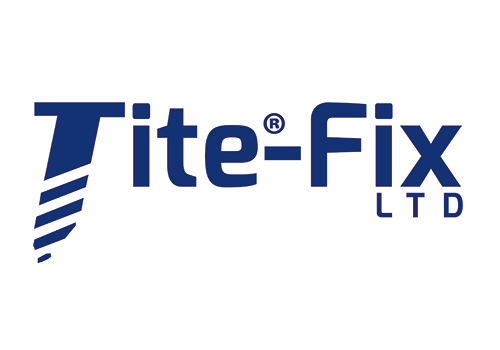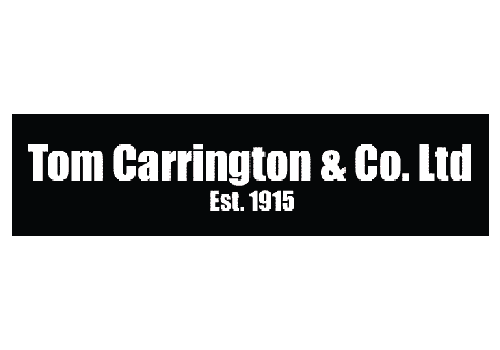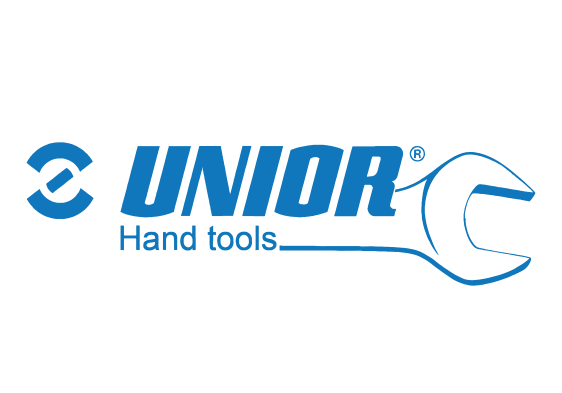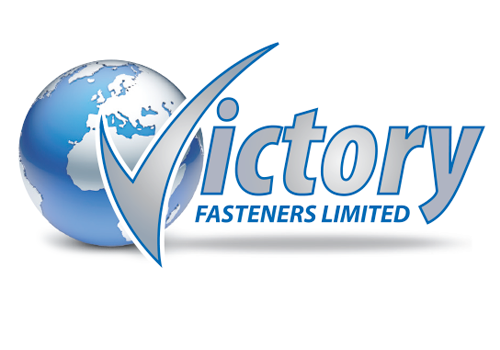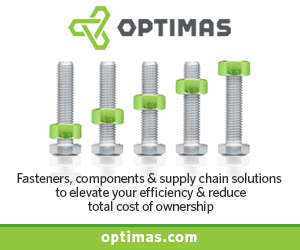That’s a wrap!
The doors have now closed on Torque-Expo UK 2024 at Telford.
We would like to thank all the exhibitors, visitors, seminar speakers, networking event attendees and supporters for their efforts to make the show a success.
It was fantastic to be able to bring together so many new and familiar faces in the industry and to showcase some of the very biggest names in the industry for the whole day. The 2024 Torque Awards rounded off a fantastic event during the Optimas-sponsored Networking Evening, celebrating the very best in the business!
If you didn’t make it to the show, you can catch up as we deliver highlights via Torque Magazine and here at www.torque-expo.com in the following weeks.
GET READY!
Torque-Expo 2026 will return to The Exhibition Centre in Telford, following on from the success of the previous events in 2022 and 2024. This key one-day event offers a B2B exhibition, a substantial conference programme, an innovation zone showcasing new and unusual products, followed by an evening of networking and an awards presentation highlighting the industry’s latest developments and achievements. Torque-Expo 2026 is a compact and cost-effective event, maximising time out of the office and return on investment.
WEDNESDAY 25 MAY 2022

How is Torque-Expo UK 2026 different?
The Torque-Expo format ensures exhibitors benefit from a one-day national exhibition, and importantly, offers valuable networking time, where exhibitors can freely move around and talk to many of their peers, colleagues and customers.
Torque-Expo will provide a ‘full-on’ day for the exhibitor and visitor alike, offering a compelling seminar programme throughout the day, followed by an evening filled with food, drink, networking and the awards.
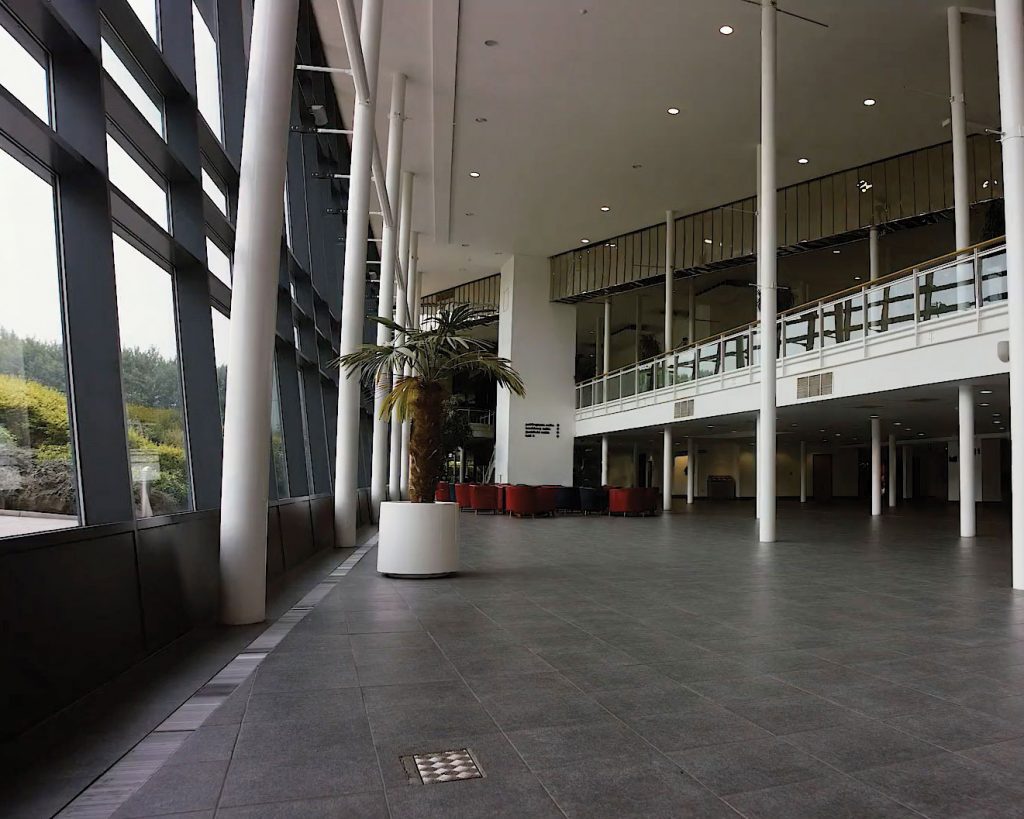
Download the show information booklet to find out more about sponsorship opportunities and how Torque-Expo 2026 can help your business.
Big fastener names signed up for Torque-Expo UK Telford 2024
2024 unfolded as an exhilarating year for Torque-Expo UK in Telford! Major industry leaders in the fastener sector showcased their ground breaking innovations at the event, delivering an impressive line up that attendees were eager to experience!
VISITOR PROFILE
First and foremost, Torque-Expo is about meeting and talking face to face to an audience of senior decision-makers (business owners, MDs, senior buyers, and purchasing managers) from wholesalers, independent retailers, multiple retailers, fastener and fixings distributors, hardware and builders’ merchants plus engineer suppliers.
AWARDS
The Torque-Expo Awards, celebrating the best people, products and services in the industry, will follow on from the day exhibition within the ‘Gallery’ at the Telford International Centre. The Awards offer a perfect networking opportunity centred around a drinks’ reception, canapés, buffet dinner, with awards ceremony.
SEMINARS
A centrepiece of Torque-Expo is a series of motivational and educational seminars, designed to attract visitors to the show and offer valuable information, intelligence and insight.
The timing of the schedule means that both visitors and exhibitors will be able to attend and glean valuable market intelligence and thought leadership.
Torque-Expo Telford 2024 starts in:
- 00Days
- 00Hours
- 00Minutes
PLAN YOUR DAY
The Telford International Centre was designed as a unique exhibition and conference centre and has expanded greatly over the years. Easy to reach by road and only a few minutes walk from the railway station with direct links to Birmingham Airport. The centre boasts hundreds of hotel rooms to suit all budgets within a few minutes walk.
Planned schedule
Exhibition 9am - 4pm
Seminars throughout the day
Awards, drinks and buffet 4.30pm at Telford International Centre
Telford International Centre
International Way,
Telford, Shropshire,
TF3 4JH
our teaching team

Stella Lindley
ui/ux web master
A strict teacher that has been teaching since the age of 16. Stella won’t give you any slack, so you will have to do the very best work you’ve done in your life.

Donald Martin
Computer Science
Donald has a PHD in both Computer Science and Design. His beginner course is a must see for any aspiring web professional who want to learn from the best.

Gaby Williams
AI Expert
If there’s someone who can explain anything, Gaby is the one. She teaches you not just how to do something, but why to do it this way and not the other.




